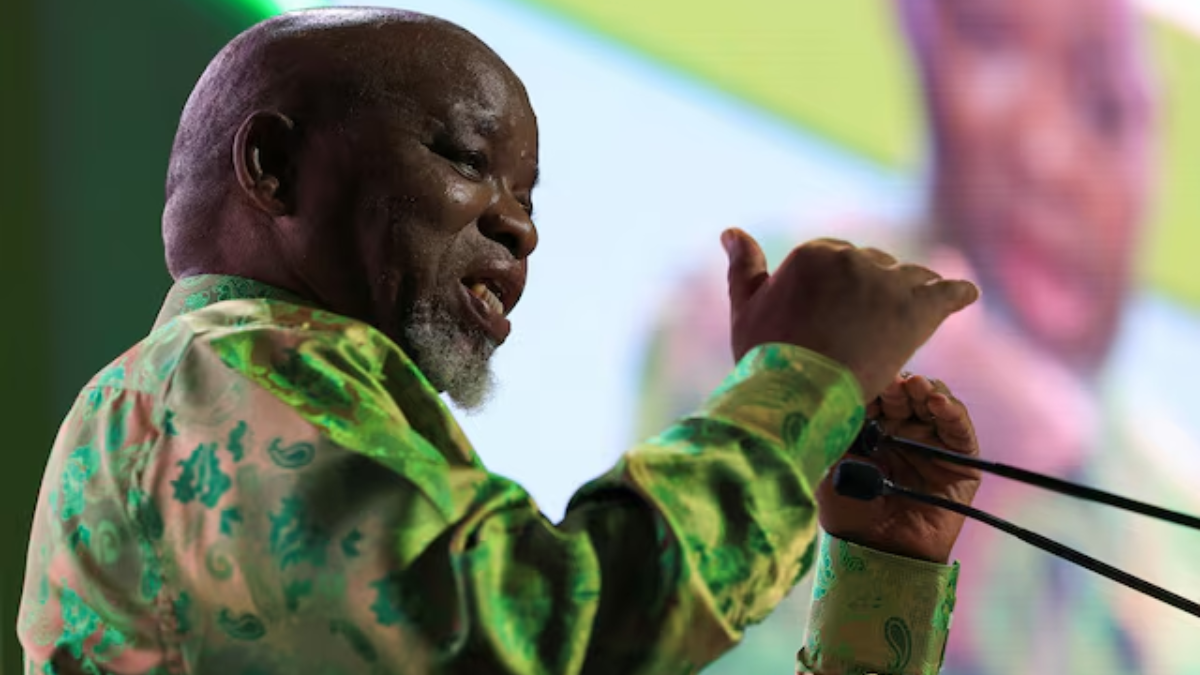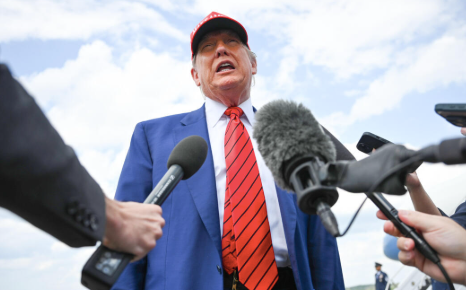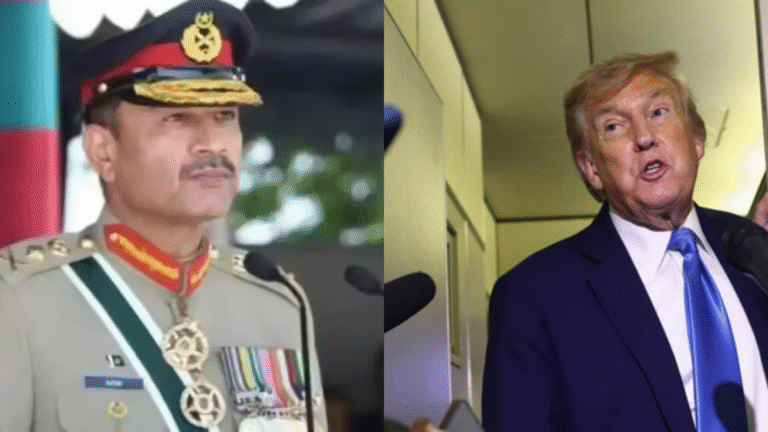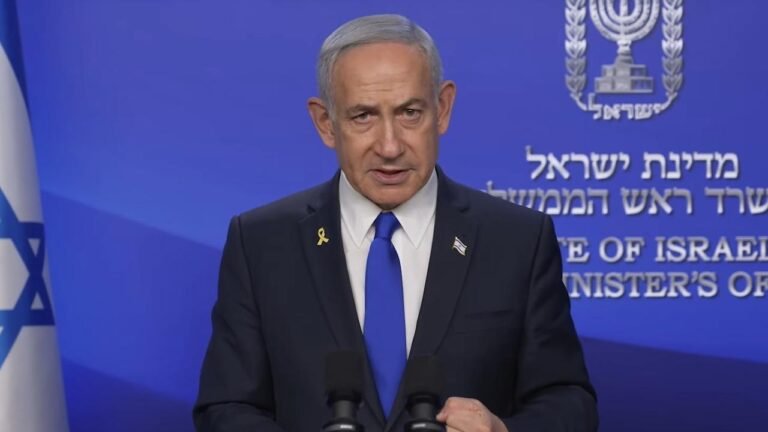
Feb 18, 2025, South Africa: South Africa is actively considering proposals from Russia and Iran to expand its civilian nuclear power capacity, a move that could strain relations with the United States and delay the renewal of a strategy.
South Africa could turn Russia or Iran to expand its civilian nuclear power capacity, a senior government minister said, a stance analysts say could deepen a rift with the United States and further delay the renewal of the strategic energy pact.
South Africa which operates Africa’s only nuclear power plant, Koeberg, plans to add 2,500 megawatts of new capacity to address electricity shortages and reduce emissions. Minister of Mineral and Petroleum Resources Gwede Mantashe emphasized that the bidding process for this expansion would be open to all, including Russia and Iran. He stated, “We can’t have a contract that says Iran or Russia must not bid, we … .” He further added, “If they are the best in terms … ).”
The United States has expressed concerns over South Africa’s potential engagement with Russia and Iran in nuclear projects. An executive order issued by President Donald Trump in February 2025 halted aid to South Africa, alleging that the country was “reinvigorating … .” The South African government has refuted these claims, stating that there is no bilateral nuclear cooperation with Iran.
The U.S. concerns have complicated ongoing negotiations to renew a civilian nuclear pact between the two nations. This agreement is crucial for South Africa to export nuclear fuel and equipment. The previous agreement expired in 2022, and a new deal has not yet been finalized. Failure to secure a new agreement could impact South Africa’s ability to procure fuel for its Koeberg plant and deter U.S. nuclear companies from investing in the country.
In 2014, South Africa signed a $10 billion nuclear deal with Russia’s Rosatom State Atomic Energy Corporation. The agreement aimed to develop up to 9.6 gigawatts of nuclear power capacity by 2030. However, the deal faced legal challenges and was eventually deemed unconstitutional by a South African court in 2017.
South Africa’s openness to nuclear project bids from Russia and Iran could have significant geopolitical implications. Engaging with these countries may lead to enhanced economic and technological cooperation but could also result in diplomatic tensions with Western nations, particularly the United States. The outcome of this process will depend on balancing domestic energy needs, international relations, and adherence to non-proliferation commitments.
Keep Reading Questiqa.com and Questiqa.us for more updates.




